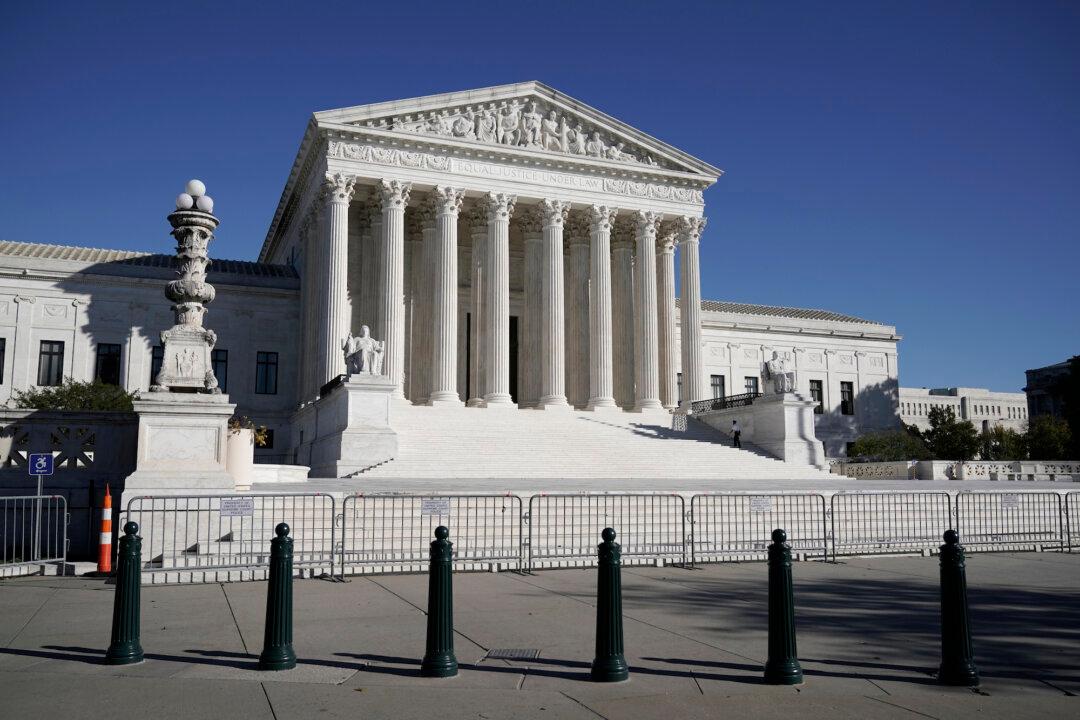The Supreme Court threw out a series of legal challenges on Feb. 22 to voting processes and results in several states left over from the recent presidential election cycle.
The high court didn’t explain why it refused to hear the cases, but three justices dissented from the decision not to hear one of the cases from Pennsylvania.





